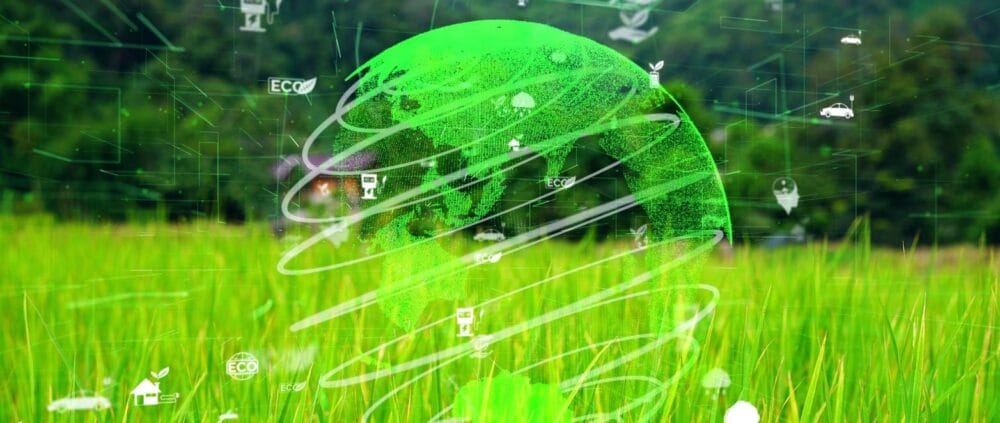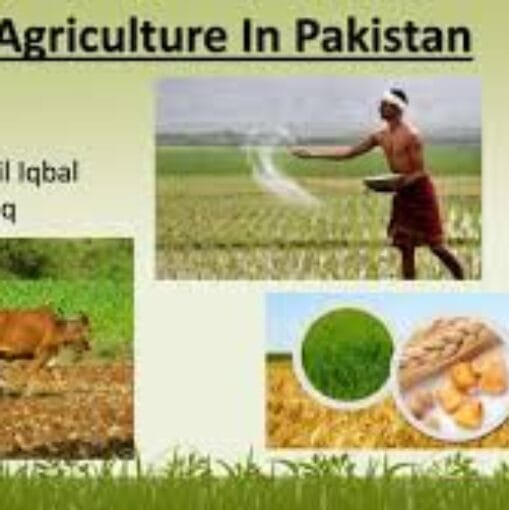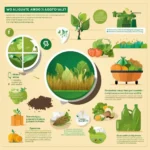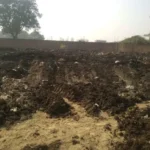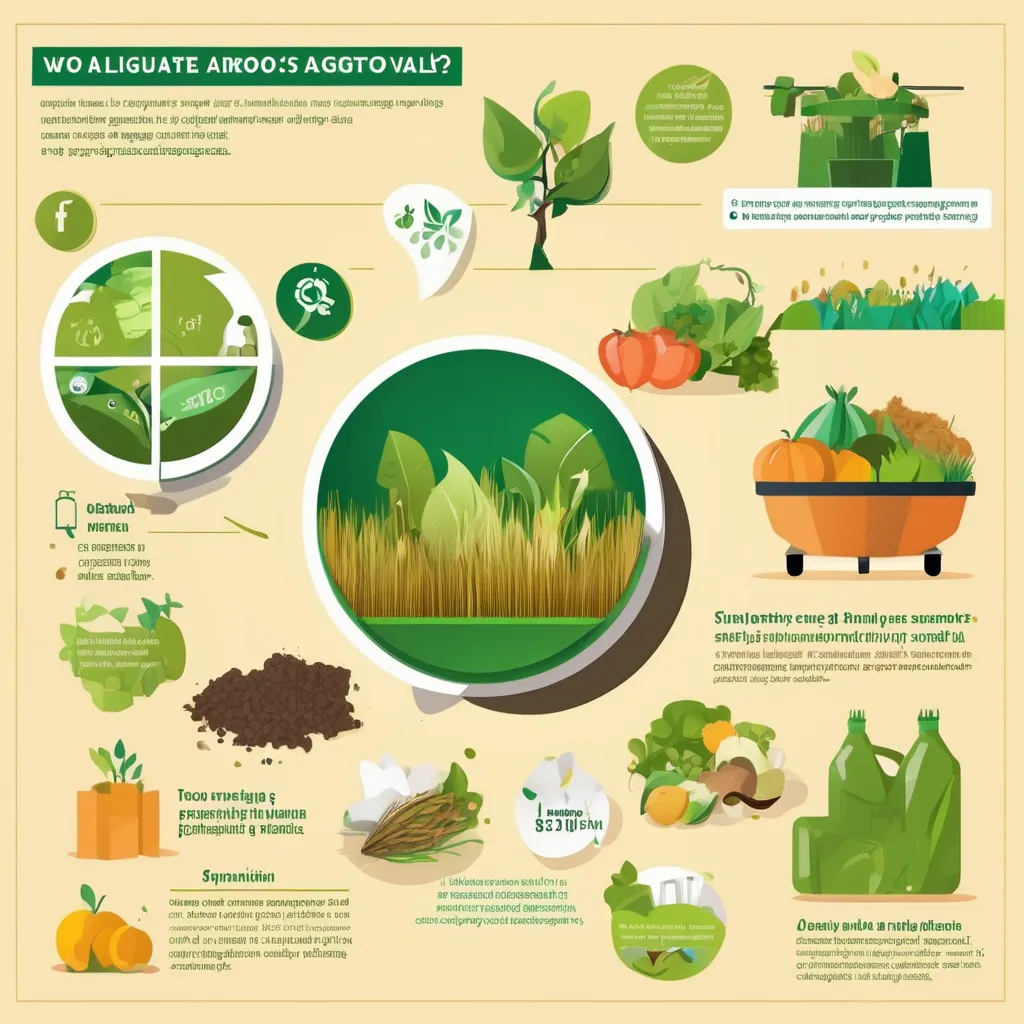The agricultural industry generates vast quantities of waste every year. While often viewed as a problem, agro waste—residues from farming activities—can be a valuable resource if managed properly. From husks and stems to food processing byproducts, agro waste presents significant opportunities for sustainable development, environmental conservation, and economic growth.
What is Agro Waste?

Agro waste includes all organic residues generated through agricultural activities, such as crop cultivation, livestock farming, and food processing. Common examples include:
- Crop residues: Straw, husks, and stalks.
- Processing waste: Pulp, seeds, and shells from food processing.
- Animal waste: Manure and droppings.
With proper management, this waste can be turned into valuable byproducts such as compost, bioenergy, and raw materials for various industries.
The Importance of Agro Waste Management
https://www.youtube.com/watch?v=Tc8CmXKQw5o
1. Reducing Environmental Pollution
Improper disposal of agro waste often leads to open burning, contributing to air pollution and greenhouse gas emissions. Effective waste management can prevent this, improving air quality and mitigating climate change impacts.
2. Enhancing Soil Health
Composting agro waste produces nutrient-rich organic matter that can improve soil fertility, structure, and moisture retention. This is especially crucial for arid regions like Sindh, Pakistan, where soil health is often compromised.
3. Generating Bioenergy
Agro waste can be used to produce biofuels, such as biogas or bioethanol. These renewable energy sources reduce dependency on fossil fuels, contributing to energy security and a greener environment.
4. Supporting Circular Economy
By converting waste into useful products, agro waste management promotes a circular economy, minimizing waste and maximizing resource efficiency.
5. Economic Opportunities for Farmers
Farmers can benefit financially by selling agro waste for biofuel production, paper manufacturing, or other industries. This creates additional income streams while reducing waste on farms.
Innovative Uses of Agro Waste
1. Compost and Organic Fertilizers
Composting agro waste creates natural fertilizers that can replace chemical fertilizers, promoting sustainable farming practices. These organic options are ideal for improving soil health while reducing environmental harm.
2. Bioplastics
Agro waste can be converted into biodegradable plastics, offering an eco-friendly alternative to conventional plastics and reducing plastic pollution.
3. Animal Feed
Certain agro waste materials, such as rice husks and sugarcane bagasse, can be processed into animal feed, helping reduce feed costs for livestock farmers.
4. Bioenergy Production
Biogas plants powered by agro waste are becoming increasingly common, offering a clean and efficient energy source for rural and urban areas alike.
5. Paper and Pulp Industry
Crop residues such as wheat straw and sugarcane bagasse are used as raw materials for paper production, reducing the reliance on wood-based pulp.
Challenges in Agro Waste Management
- Lack of Awareness: Many farmers are unaware of the benefits and methods of agro waste utilization.
- Infrastructure Gaps: Efficient collection, transportation, and processing facilities are lacking in many regions.
- Initial Costs: Setting up waste-to-resource conversion systems can be expensive for small-scale farmers.
- Policy Limitations: Inadequate government support and regulatory frameworks hinder large-scale implementation of agro waste projects.
Agro Waste Management in Pakistan
In Pakistan, agro waste is abundant, with residues from wheat, rice, sugarcane, and other major crops. Proper utilization of this waste can address key challenges such as:
- Soil degradation: By improving soil organic matter.
- Energy shortages: Through bioenergy production.
- Environmental pollution: By preventing open burning of residues.
Government initiatives and private-sector involvement can help scale up agro waste utilization, creating sustainable solutions for the country’s agriculture sector.
Conclusion
Agro waste is not just a byproduct of farming—it is a resource waiting to be harnessed. Effective agro waste management can transform agricultural practices, enhance soil health, and reduce environmental pollution while creating economic opportunities. By adopting innovative technologies and sustainable methods, countries like Pakistan can turn agro waste into an asset, fostering a greener and more prosperous future.
Explore our article on https://chatgpt.com/c/67189c2a-8a98-800f-9420-6ade28d577a4# to discover more eco-friendly solutions for agriculture.
